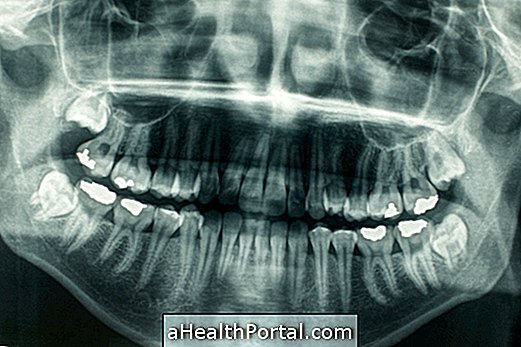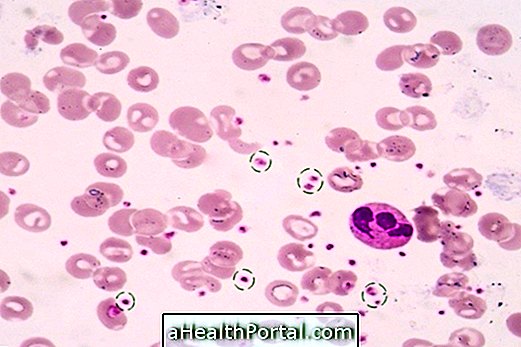Renal glycosuria is urine glucose excretion in subjects who do not have diabetes or changes in blood sugar levels. Generally, renal glycosuria is more frequent in patients with renal disorders, such as Wilson's disease or cystinosis, but it can also be a hereditary problem, called familial renal glycosuria, which passes from parents to children.
Normally, the kidneys filter the blood, eliminating all substances that are not necessary for the body to function, while glucose is reabsorbed by the blood because of its importance in energy production, but individuals with renal glycosuria eliminate it and prevent it from being reabsorbed.
Renal glycosuria does not have symptoms because, in most cases, it is a benign change and, therefore, it is not always necessary treatment, being able to have a completely normal life.
Treatment for renal glycosuria
Treatment for renal glycosuria should be guided by a nephrologist because it is necessary to do tests such as MRI or urinalysis to detect if there is any problem in the kidneys that needs specific treatment.
In other cases, no treatment is required and regular urine and blood tests are recommended to the physician to evaluate the progression of the problem, since there is a greater risk of the patient developing diabetes.
Diagnosis of Renal Glycosuria
The diagnosis of renal glycosuria is made through a urinalysis, which detects the presence of glucose. This examination can be done in clinical laboratory or hospital, with materials and strips available in pharmacies.
Usually, when the patient has a diagnosis of renal glycosuria, this does not mean that he has diabetes.
Here are the signs of diabetes:
- Symptoms of diabetes
- Diabetes


























